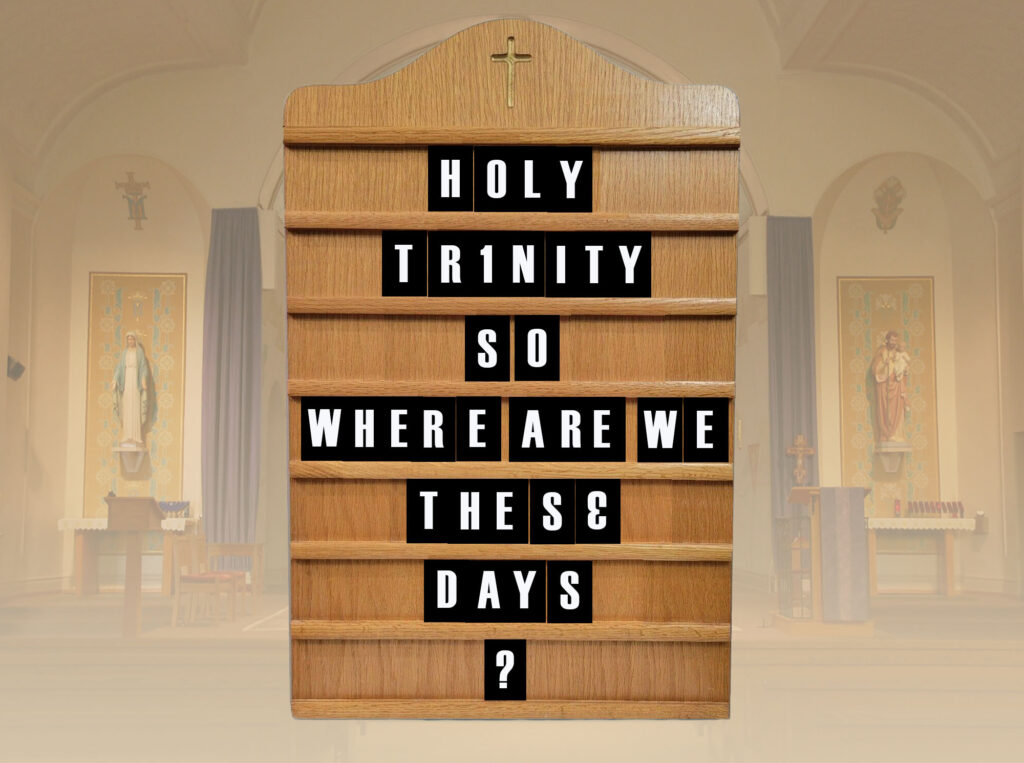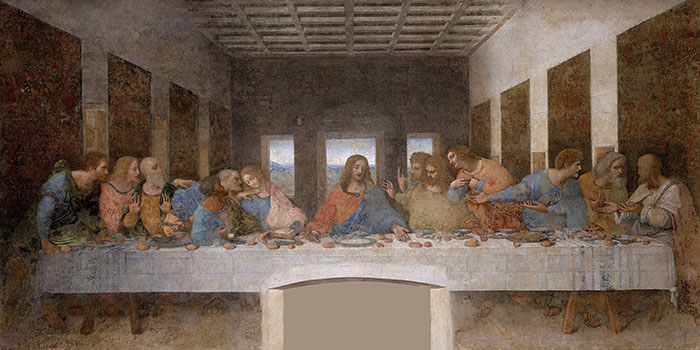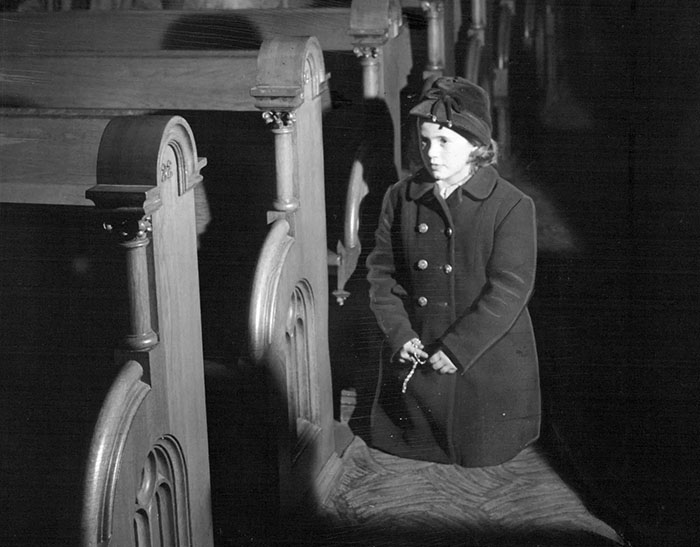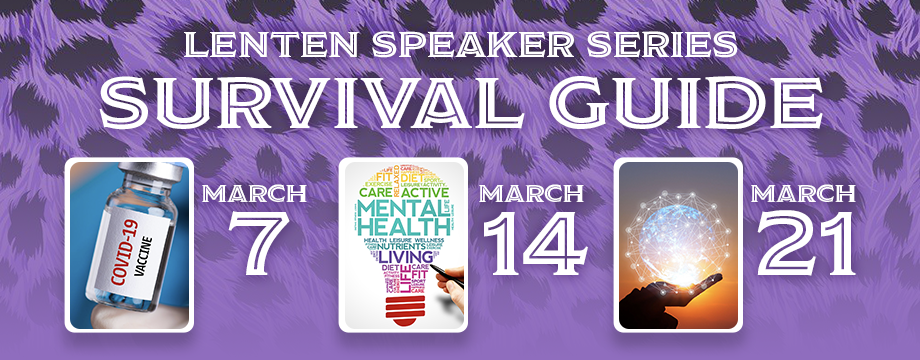
Now that we’ve weathered the winter and Covid restrictions are slowly lifting, people are feeling more comfortable in returning to mass at Holy Trinity. Last Sunday we had over 550 people physically present over the 3 masses. Like the spring flowers, you’re starting to bloom in church!
So what’s happening in the parish as we move into the spring and summer? Here’s the short list of things to know; followed by some comments about the “Big Picture”.
- Mass attendance is increasing. We’re still at 6 feet separation which limits our numbers but hopefully closer gatherings will be allowed soon. (The real issue is how comfortable people feel sitting in the pew. As more people are fully vaccinated, our numbers should increase.)
- What about masks? That of course will depend on the CDC’s recommendations moving forward. Some speculate another 6 months of wearing them. Holy Trinity will follow whatever those recommendations encourage.
- Parish Staff. There have been some changes here. Kasey Baker, our Office Manager, has moved on to new and exciting ventures. So we welcome Tim Reetz as our part time business manager. Tim is splitting his time with St. Kateri Parish in Irondequoit. He’ll be here Monday and Thursdays.
- Helen Sleeman will be adding some office managing tasks to her responsibilities. Also, we welcome Mary Kramer to manage our Case Training of volunteers and co-ordinate our RCIA program. Welcome to both of you!
- Building maintenance. We are currently looking at replacing two boilers – church and school. They have been in place since the Civil War. They are leaking water and the efficiency factor make them terribly obsolete. I’ll let you know what the cost estimate will be. It won’t be pretty.
- Also…and this is still at the “dream” stage…I think we ought to paint the church interior. The 1970 whitewash of the walls and ceiling are getting dingy and tired. Let’s do a new paint scheme with new color and liturgical design. We’ve begun conversation with Swietek, Inc., a liturgical design company in Buffalo. They will give us an artist rendering of some proposed changes. We’ll show you when we get them.
- What about: CYO basketball, parish picnic, senior ministry, youth activities, coffee hour, concerts, lectures, Star program . . . we want all of these to come roaring back! Whenever possible we will re-start these activities in as full and safe a way as we can.
So please don’t think Holy Trinity is going away! This is your parish. I am convinced we have the right people on staff; our volunteers remain vigorous in keeping the work of the parish up and running. Fr. John and I are feeling fit and frisky and ready to respond to the resurgence of parish activities.
And you? Are you staying in touch with us through mass attendance or by Livestream? Are you finding ways to “Keep Holy the Lord’s Day”? (I encourage you to set aside part of your Sunday to gather your family to pray with us during mass time and to do something that will mark the day as a “day of rest” and rejuvenation for the Lord.)
God knows the challenges these days present for us in keeping and practicing the Faith. Special graces will come to those who pray daily for the Lord’s help. Straight ahead! He is with us.
Fr. Tim










